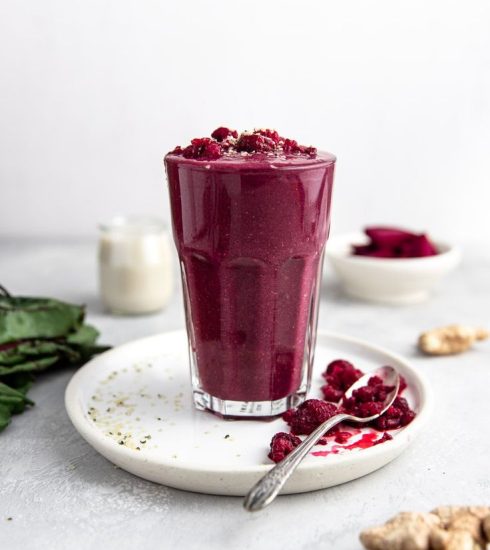Lactose Intolerance Exploring Dairy-Free Options For Better Digestion
Lactose intolerance is a common digestive disorder that affects millions of people worldwide. It occurs when the body lacks the enzyme lactase, which breaks down lactose, the sugar in milk and dairy products. Consuming dairy can lead to uncomfortable symptoms such as bloating, gas, diarrhoea, and stomach cramps for those with lactose intolerance. Thankfully, numerous milk alternatives are available that provide a suitable solution for individuals looking to avoid lactose while still enjoying the benefits of a nutritious and tasty beverage.
UNDERSTANDING LACTOSE INTOLERANCE
Lactose intolerance arises when the small intestine produces an insufficient amount of lactase enzyme, resulting in undigested lactose reaching the large intestine. Bacteria in the large intestine then ferment the lactose, leading to the production of gases and causing the typical symptoms associated with lactose intolerance.
MILK ALTERNATIVES: A VIABLE SOLUTION
Fortunately, the market for milk alternatives has expanded significantly in recent years, offering an array of options to meet various dietary needs and preferences. These alternatives, derived from plant sources, are lactose-free, making them suitable for individuals with lactose intolerance. Let’s explore some of the most popular milk alternatives:
1. Soy Milk: Made from soybeans, soy milk is a protein-rich alternative to dairy milk. It contains essential amino acids and is fortified with nutrients like calcium, vitamin D, and vitamin B12. Soy milk has a creamy texture and a slightly nutty flavour, making it a versatile option for drinking, cooking, and baking.
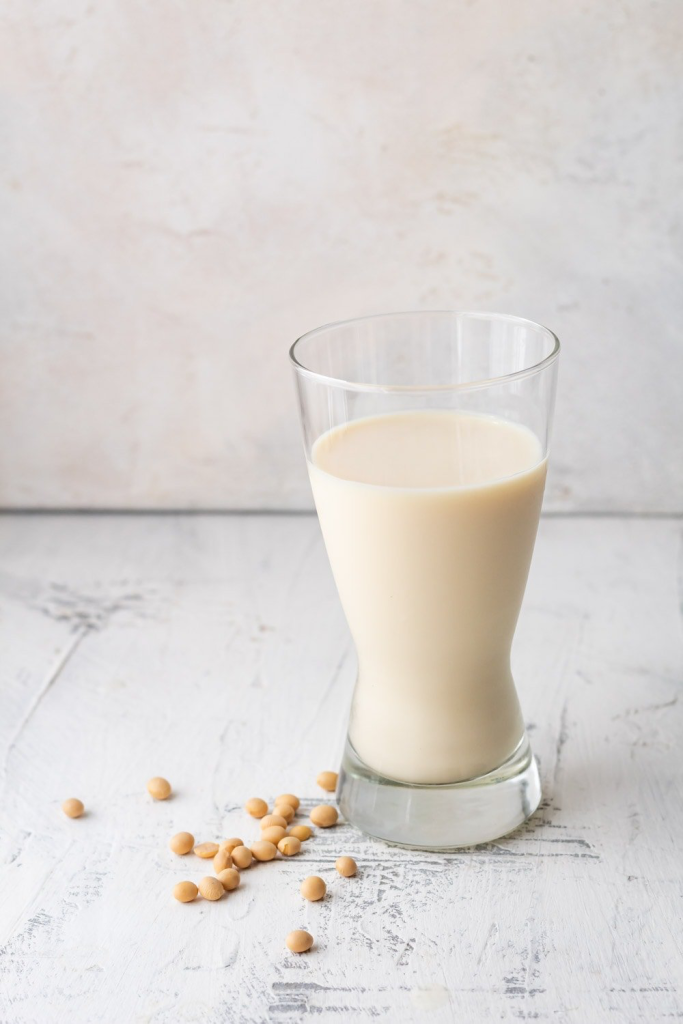
2. Almond Milk: Almond milk, made from ground almonds and water, has gained significant popularity. It is low in calories, contains no saturated fats, and is a rich source of vitamin E. Almond milk has a slightly sweet taste and a light texture, making it a delightful addition to coffee, smoothies, and cereals.
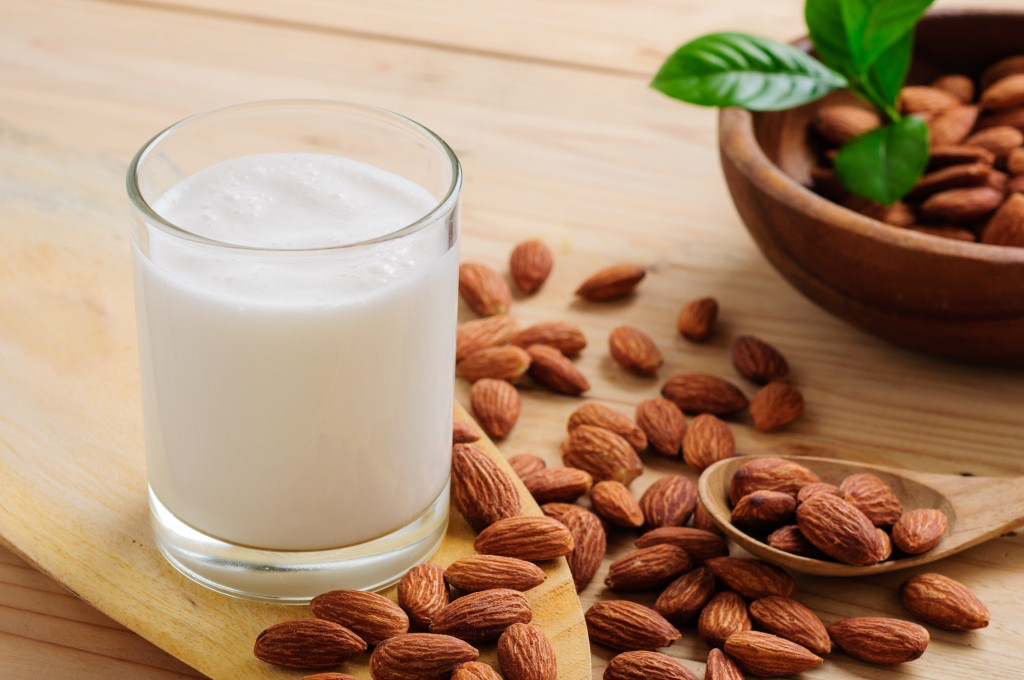
3. Coconut Milk: Extracted from the flesh of coconuts, coconut milk offers a rich and creamy alternative. It is high in healthy fats and provides a distinct tropical flavour to dishes and beverages. Coconut milk is a fantastic choice for curries, desserts, and tropical-inspired drinks.

4. Oat Milk: Oat milk, made from soaked and blended oats, has a mild and slightly sweet taste. It is a good source of fibre and contains betaglucans, which can help regulate cholesterol levels. Oat milk’s creamy consistency and neutral flavour make it suitable for a wide range of recipes.
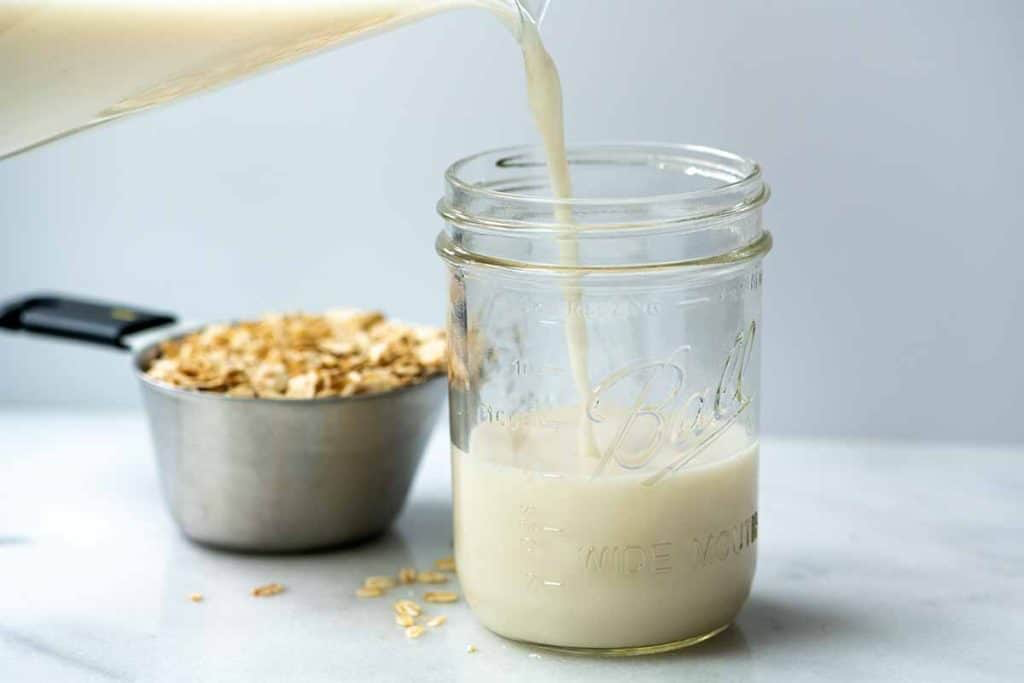
5. Rice Milk: Rice milk, derived from milled rice and water, is the least allergenic of all milk alternatives. It has a thin and watery texture resembling skim milk and a naturally sweet taste. While it is not as nutritionally dense as other alternatives, rice milk is an excellent option for those with multiple food allergies.
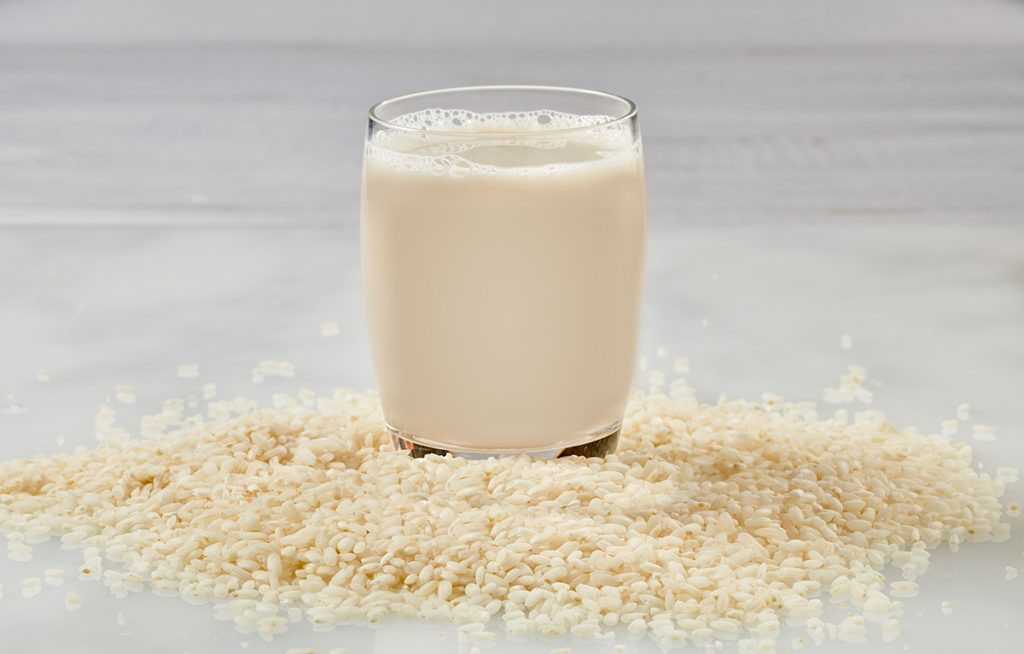
6. Other Options: In addition to the above, there are several other milk alternatives available, including hemp milk, cashew milk, pea milk, and quinoa milk. Each has its own unique flavour profile and nutritional benefits.
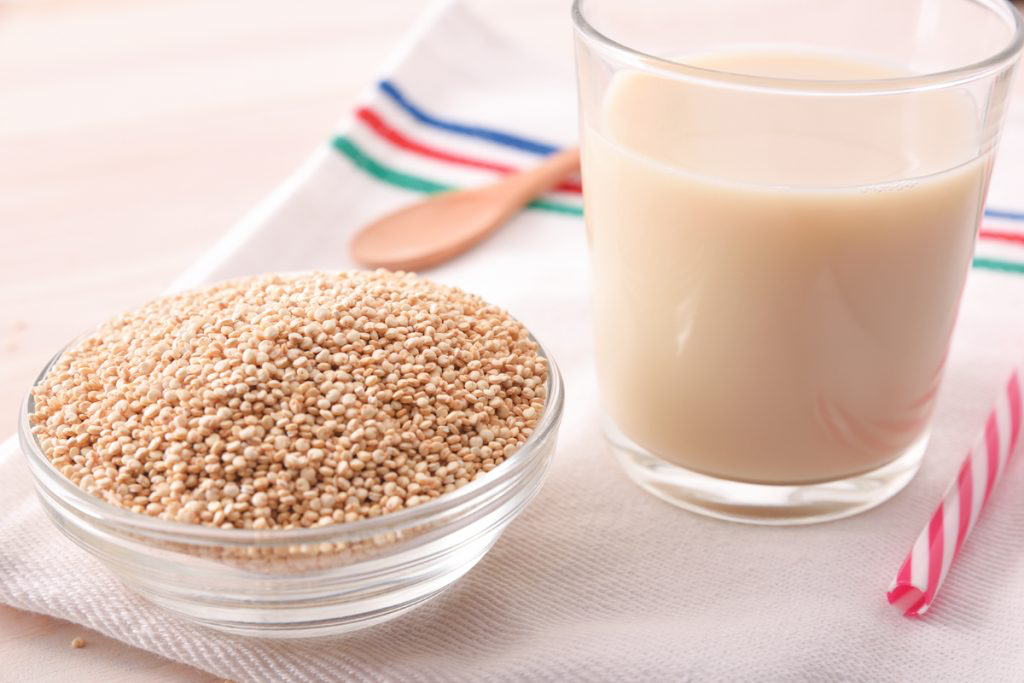
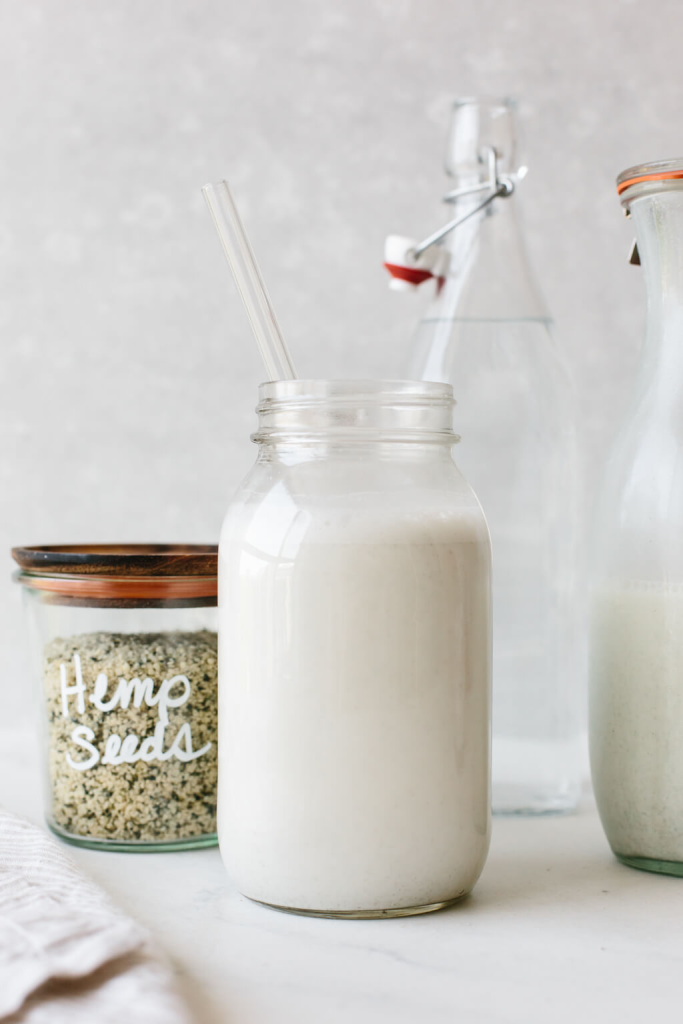
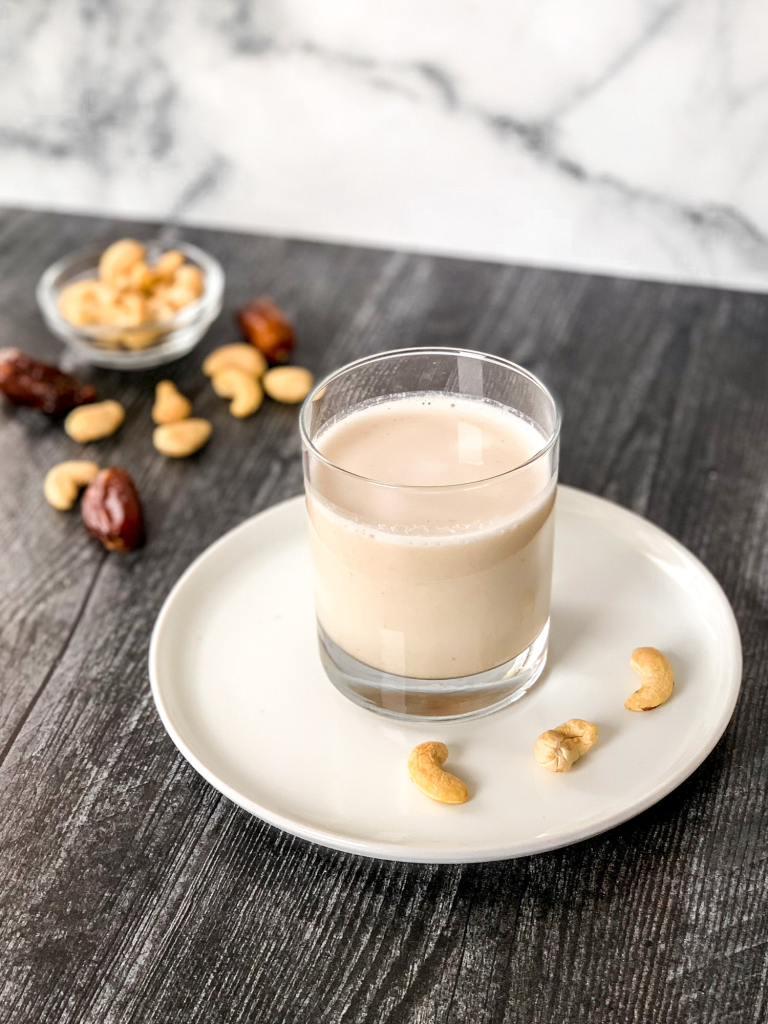
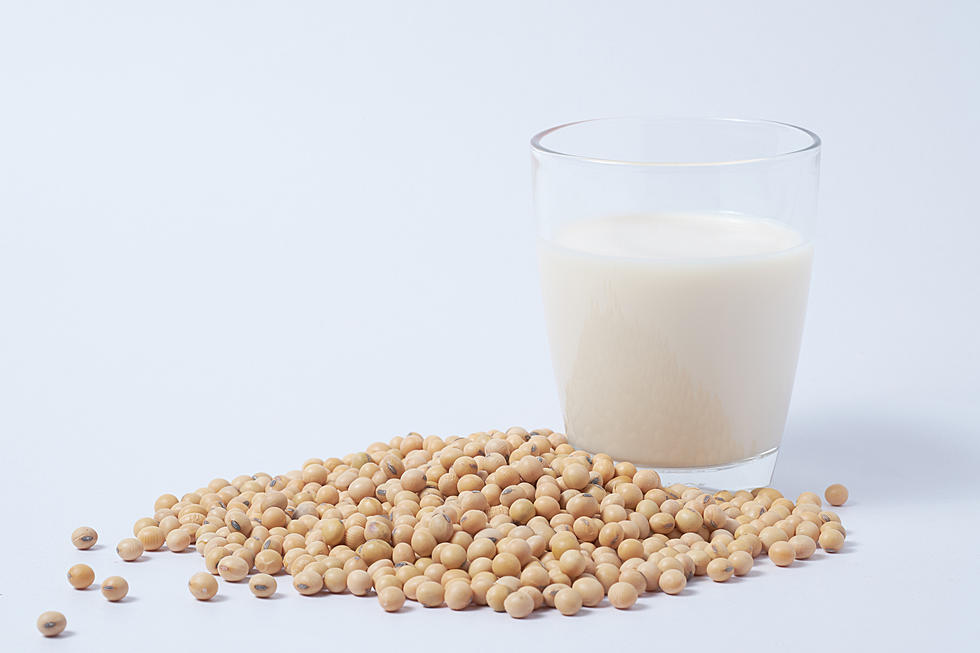
CONSIDERATIONS AND NUTRITIONAL FACTORS
While milk alternatives can be suitable for individuals with lactose intolerance, it’s important to consider a few factors. When choosing a milk alternative, ensure it is fortified with calcium and vitamin D, as these nutrients are vital for maintaining bone health. Additionally, be mindful of added sugars and select unsweetened varieties whenever possible.
For individuals with lactose intolerance, milk alternatives provide a flavourful and nutritious solution that allows them to enjoy dairy-free options without compromising on milk to coconut and oat milk to choose from, plant-based milk is the healthier option.
Self-identifies as a middle child between millennials and the gen Z, began writing as a 14 year-old. Born and raised in Lagos where he would go on to obtain a degree in the University of Lagos, he mainly draws inspiration from societal issues and the ills within. His "live and let live" mantra shapes his thought process as he writes about lifestyle from a place of empathy and emotional intelligence. When he is not writing, he is very invested in football and sociopolitical commentary on social media.






